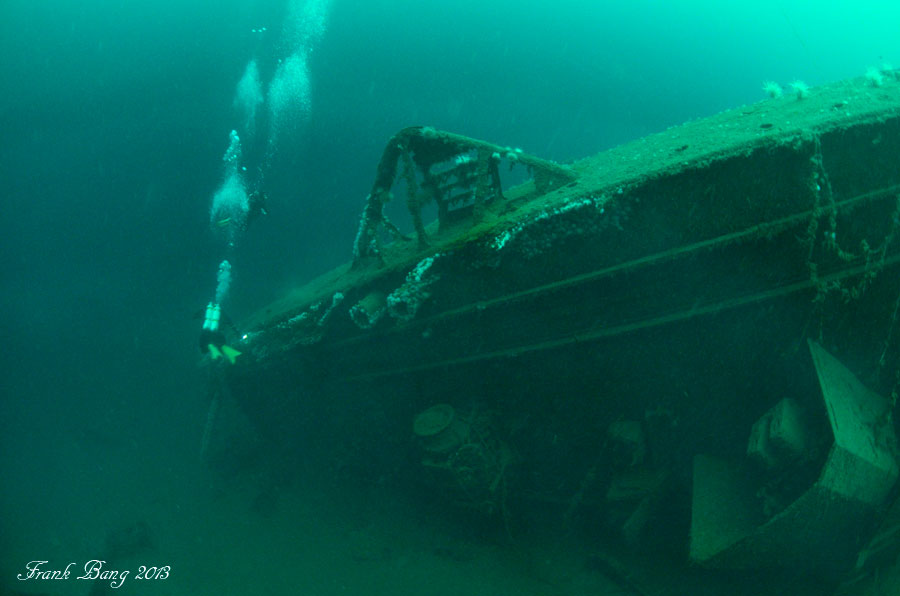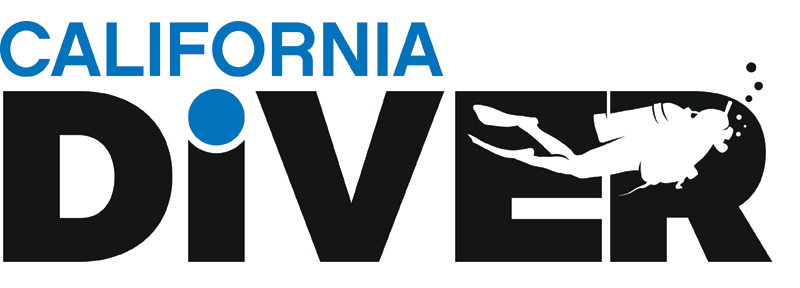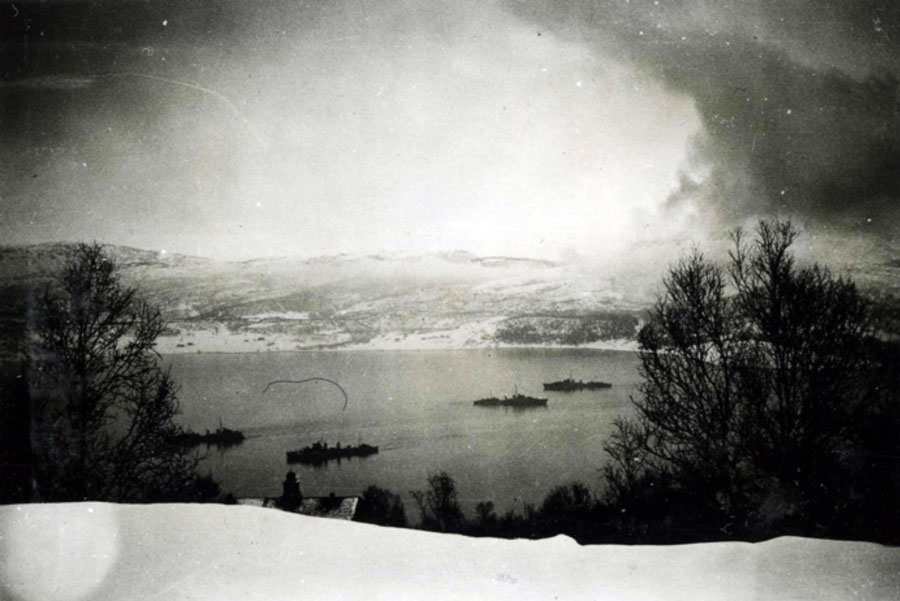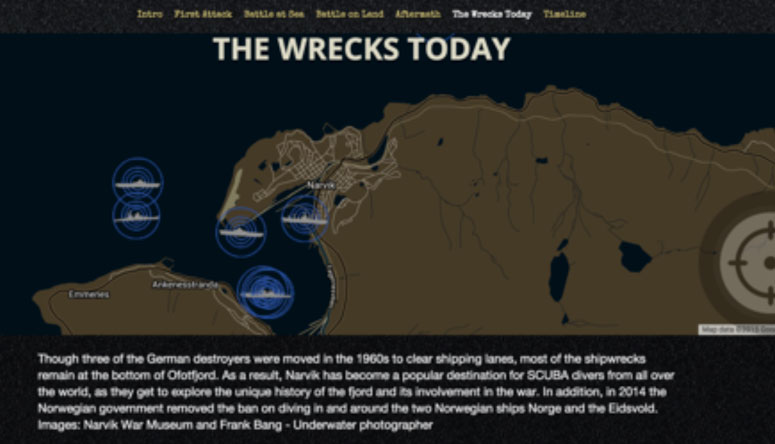Between the beautiful mountains and long fjords of Northern Norway, you will find Narvik, a town with around 15,000 citizens. The town rose to notoriety, securing it’s place in history during the Second World War, later becoming a popular diving spot.
Narvik became a very strategic location for Churchill and Hitler because of the ice-free harbor where the Allies and the Germans transported iron from Kiruna, Sweden. However, one cold day in beginning of April 1940, destroyers from the Germans Navy sailed into Narvik harbour, attacking two Norwegian costal-defense ships – the PS Norge and PS Eidsvold. This was the beginning of a heavy three-day sea battle between Allied forces led by the British Navy against the Germans.
During this encounter the Allies sunk or damaged all of the 10 German destroyers which were planned to be used by the Germans in an attack against Great Britain later that same year. In the following months the Allied Forces managed to regain control over Narvik, with 28th May 1940 being the dated as the first recorded loss for Germany during the Second World War. After a short amount of time, the Allies had to give up Narvik due to the German invasion in France. The Allied Forces took with them what they had learned from this campaign to the D-Day battle in Normandy 1944. The attacks lasted for 60 days with more than 60 different types of ships sunk, including supply boats, coastal-defence ships and destroyers.
Popular diving spot
Due to the number of the wrecks at bottom of Ofotfjorden, Narvik have became a popular diving spot for scuba divers from all around the world. The Norwegian costal defence ship PS Norge and several warships from Germany, including the Jager Z2 Georg Thiele are amoungst the most popular exploration sites for divers in Narvik. It’s not only shipwrecks that you’ll find at the bottom of the harbour. Travel a further 15 minutes to Rombaksbrua and you can explore the Dornier 26 Seeadler, a water aircraft. So, if you would like to explore the scenic aftermath of one of the most dramatic events during the Second World War, Narvik is definitely a place to consider.

German destroyer Georg Thiele: The ship went down on April 13, 1940 during the second sea battle. Source: Frank Bang – Underwater photographer.
To commemorate the 75th anniversary of the dramatic event in Narvik 1940, Visit Narvik, Narvik War Museum and Expedia Norway have created an interactive infographic about the history of what took place in the town. It also provides interesting pictures of the wrecks taken by underwater photographer Frank Bank and a map over all the wrecks and where they are located.
Although three of the German destroyers were moved in the 1960s to clear shipping lanes, most of the shipwrecks remain at the bottom of Ofotfjord. As a result, Narvik has become a popular destination for scuba divers from all over the world, as they get to explore the unique history of the fjord and its involvement in the war. In addition, in 2014 the Norwegian government removed the ban on diving in and around the two Norwegian ships Norge and the Eidsvold.
Words by Steve Nortwood and Photos by Frank Bang and Narviksenteret


